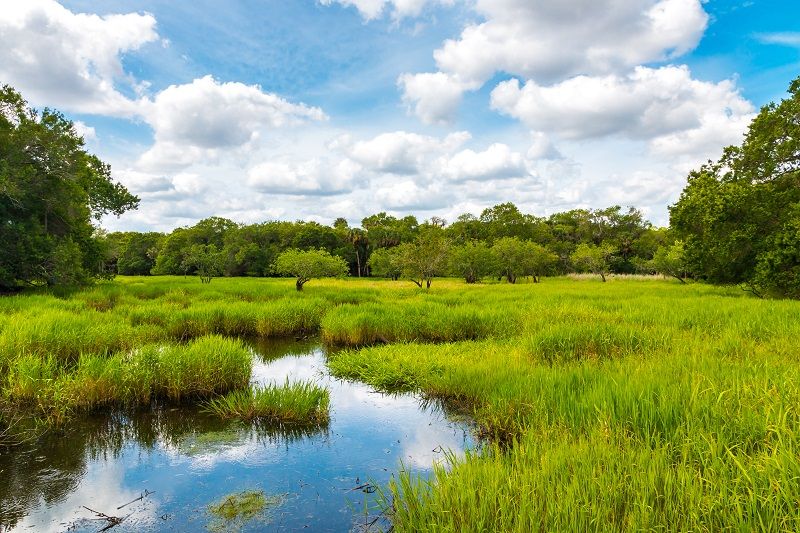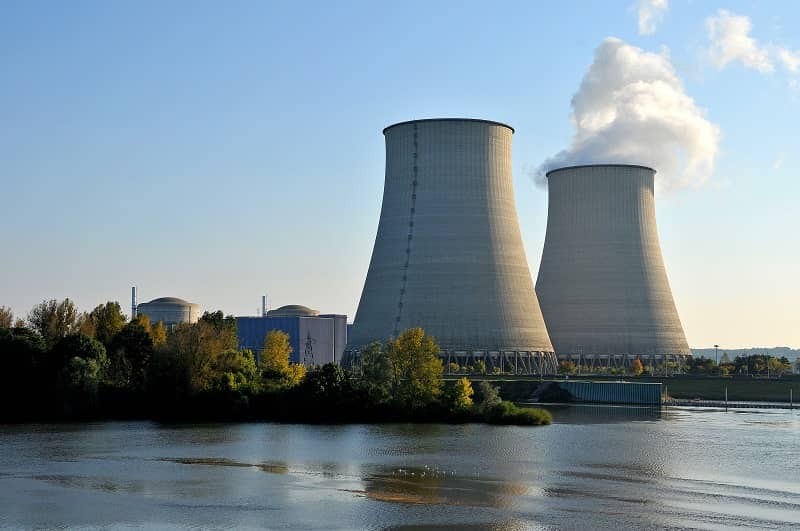By Todd Myers
From Bellingham, Seattle, and Issaquah, Washington to Portland, Oregon and parts of California (most recently, Pasadena, as of July 1), cities are joining the latest environmental trend―banning plastic grocery bags. Concerned about the amount of plastic that reaches our oceans and its impact on wildlife, communities have decided that banning the bags is a simple and environmentally responsible approach.
But is it? What does the science say?
Banning the bags actually may be a net negative for the environment, yielding little environmental benefit while increasing carbon emissions and other impacts.
Advocates of the ban cite the bags’ effect on marine life and mammals. Unfortunately, their claims are often false or misleading. For example, the Shoreline city council was told “the ecological impacts of this plastic include over a million sea-birds and 100,000 marine mammals killed by either plastic ingestions or entanglement.” In fact, this assertion has nothing to do with plastic bags.
NOAA corrected the claim, saying, “We are so far unable to find a scientific reference for this figure.” The only study NOAA can find does not deal with plastic bags or even marine debris, but “active fishing gear bycatch”―in other words, fishing nets that are used at sea, not discarded plastic bags.
A Greenpeace biologist quoted in the Times of London agreed, saying, “It’s very unlikely that many animals are killed by plastic bags. The evidence shows just the opposite. We are not going to solve the problem of waste by focusing on plastic bags.”
Others claim plastic bags have created a “Pacific Garbage Patch,” twice the size of Texas. This is simply false. Oregon State University reports that the actual amount is less than one percent the size of Texas. Oceanography professor Angel White sent out a release last year saying: “There is no doubt that the amount of plastic in the world’s oceans is troubling, but this kind of exaggeration undermines the credibility of scientists.”
In addition, the Wood’s Hole Oceanographic Institute found the amount of plastic in the Atlantic Ocean hasn’t increased since the 1980s.
This doesn’t mean plastic bags have no impact. When determining the environmental costs and benefits, however, we need to be honest about the science. Indeed, there are environmental risks from banning plastic grocery bags.
The most significant risk is the increase in energy use. Plastic bags are the most energy-efficient form of grocery bag. The U.K. Environment Agency compared energy use for plastic, paper, and reusable bags. It found the “global warming potential” of plastic grocery bags is one-fourth that of paper bags and 1/173rd that of a reusable cotton bag. In other words, consumers would have to use a cotton bag 173 times, or once a week for more than three years, before it matched the energy savings of plastic bags.
Ironically, many of the cities leading the charge against plastic bags are signatories to the U.S. Conference of Mayors Climate Protection Agreement. Yet, few of these cities even attempt to assess the climate impact of switching from the least energy-intensive grocery bag to those requiring far more energy to produce.
It also should be noted that the benefit of banning plastic bags is mitigated by the fact that half of the bags are reused for other purposes, like garbage or picking up after pets. Grocery shoppers will still have to buy other bags, likely plastic, for those purposes. Those who worry about trash reaching landfills are doing little by banning plastic bags.
In the end, communities need to sincerely weigh these various environmental costs. Unfortunately, few public officials do any analysis because the political symbolism of banning the bags is powerful. It is often easier to ignore the science that indicates such bans actually may harm the environment than to make an honest effort to weigh these difficult issues.
Put simply, plastic bag bans have become more about the latest environmental fad than about environmental benefits. State and local politicians should stop trying to enact into law whatever the latest politically correct ecological trend happens to be. Instead, they should leave customers free to make environmental and conservation judgments for themselves.
Todd Myers is the environmental director at Washington Policy Center. He has more than a decade of experience in environmental policy and is the author of the book Eco-Fads: How the Rise of Trendy Environmentalism Is Harming the Environment. He is a guest contributor for Cascade Policy Institute, Oregon’s free market public policy research center.











